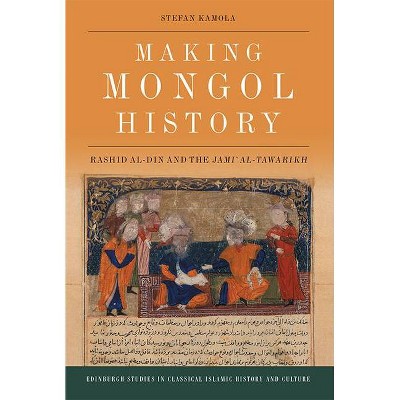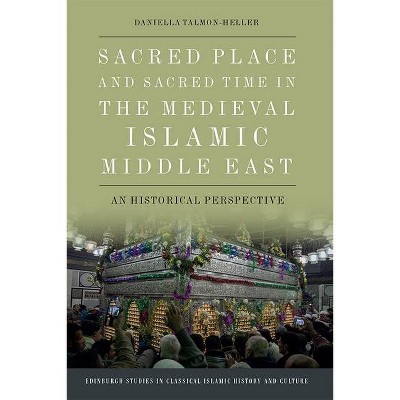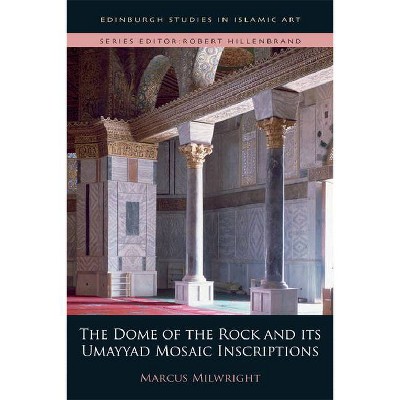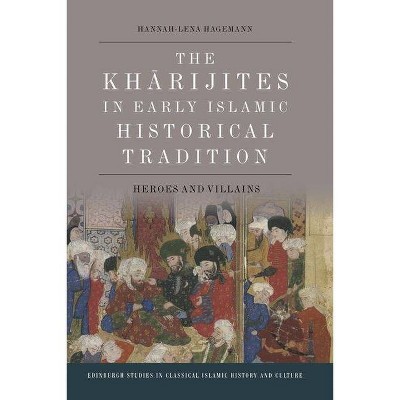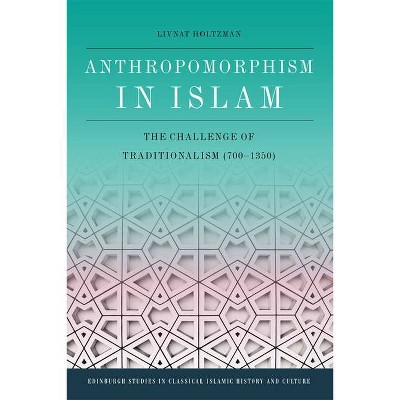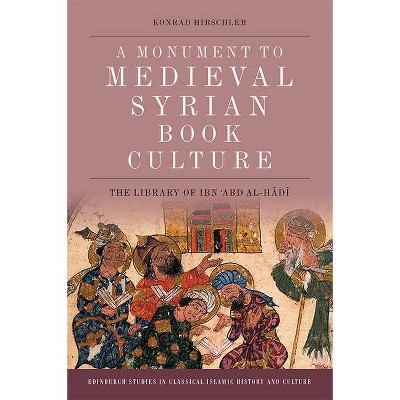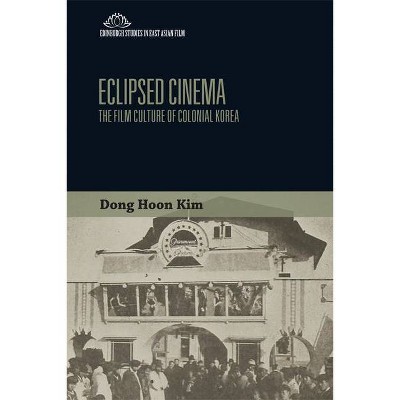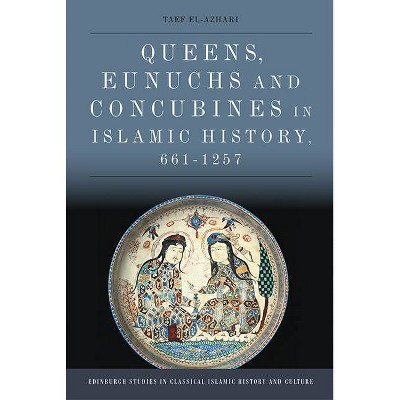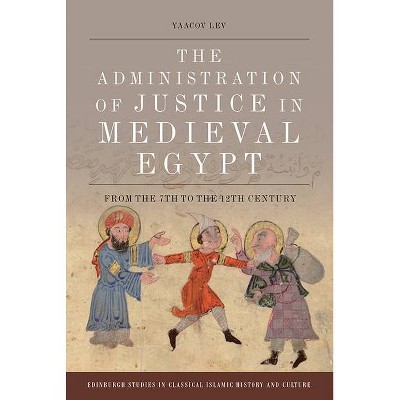The Body in Arabic Love Poetry - (Edinburgh Studies in Classical Islamic History and Culture) by Jokha Alharthi (Hardcover)
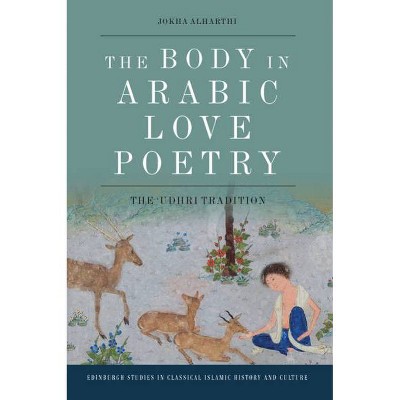
Similar Products
Products of same category from the store
AllProduct info
<p/><br></br><p><b> About the Book </b></p></br></br><p>Jokha Alharthi re-appraises the relationship between love, poetry and Arab society in the 8th to 11th centuries. She avoids clichés about the purity of love in 'Udhri poetry, instead questioning the traditional emphasis on chastity and the assumption that this poetry omits any concept of the body.</p><p/><br></br><p><b> Book Synopsis </b></p></br></br><p>Jokha Alharthi re-appraises the relationship between love, poetry and Arab society in the 8th to 11th centuries. She avoids familiar clichés about the purity of love in 'Udhri poetry - broadly speaking, an Arabic counterpart to the western medieval concept of unconsummated courtly love - and instead questions the traditional much-vaunted emphasis on chastity and the assumption that this poetry omits any concept of the body. Alharthi focuses on the key differences between what the poetry itself says and the views of later sources about 'Udhri poets and their works. She also documents how the representation of the beloved in the 'Udhri ghazal was influenced by pre-Islamic poetry, showing how this tradition developed with a series of overlapping historical layers. And she breaks new ground by examining how this poetry treats not only the body of the beloved but also that of her lover, the poet himself. </p><p/><br></br><p><b> From the Back Cover </b></p></br></br>A radical re-interpretation of the nature of medieval Arabic love poetry in the classical age This book examines in detail the concept of the body in Arabic love poetry in the 'Udhri tradition. Avoiding familiar clichés about the purity of love in 'Udhri poetry - broadly speaking, an Arabic counterpart to the western medieval concept of unconsummated courtly love - it instead questions the traditional much-vaunted emphasis on chastity and the assumption that this poetry omits any concept of the body. Challenging this view, Jokha Alharthi re-appraises the relationship between love, poetry and Arab society in the 8th to 11th centuries. She focuses on the key differences between what the poetry itself says and the views of later sources about 'Udhri poets and their works. She also documents how the representation of the beloved in the 'Udhri ghazal was influenced by pre-Islamic poetry, showing how this tradition developed, with a series of overlapping historical layers. And she breaks new ground by examining how this poetry treats not only the body of the beloved but also that of her lover, the poet himself. Key Features Challenges the stereotypical idea about the absence of the body in 'Udhri love poetry Investigates the 'Udhri tradition through close readings of the classical 10th-century Arabic sources including anthologies such as the Kitab al-Aghani Contributes to literary studies on the representations of the body Includes close readings of difficult literary texts in classical Arabic including the work of 'Urwah b. Hizam, Majnun Layla, Qays b. Dharih, Jamil Buthaynah and Kuthayyir 'Azzah Jokha Alharthi is Associate Professor of Classical Arabic Literature at the Sultan Qaboos University, Muscat. She obtained her PhD in classical Arabic literature from the University of Edinburgh. She is the winner of the Man Booker International Prize 2019 for her novel Celestial Bodies (Sayyidat al-Qamar). To date, translation rights in the novel have been sold in 21 languages.<p/><br></br><p><b> About the Author </b></p></br></br><p>Jokha Alharthi is Associate Professor of Classical Arabic Literature in Sultan Qaboos University. She is the author of several short story collections and novels, including <i>Celestial Bodies</i>, winner of the Man Booker International Prize 2019.<p>
Price History
Cheapest price in the interval: 100.99 on November 8, 2021
Most expensive price in the interval: 100.99 on December 20, 2021
Price Archive shows prices from various stores, lets you see history and find the cheapest. There is no actual sale on the website. For all support, inquiry and suggestion messagescommunication@pricearchive.us
